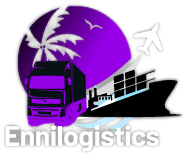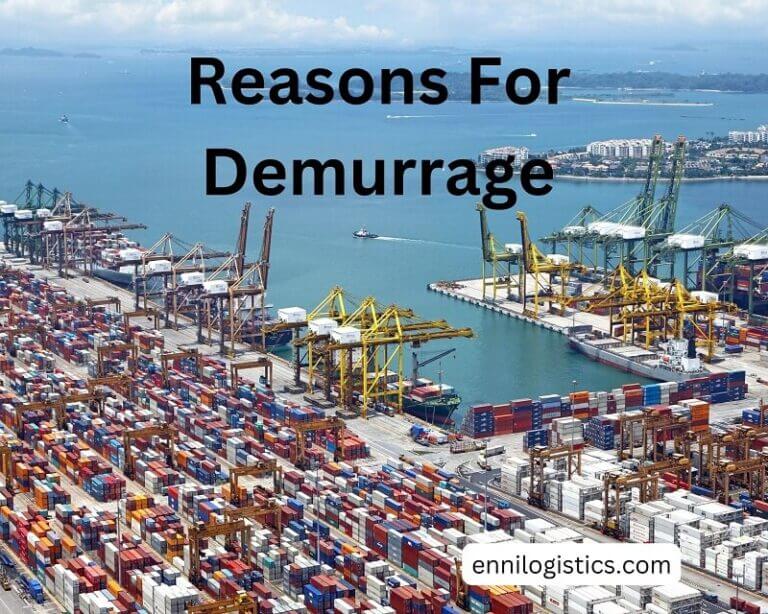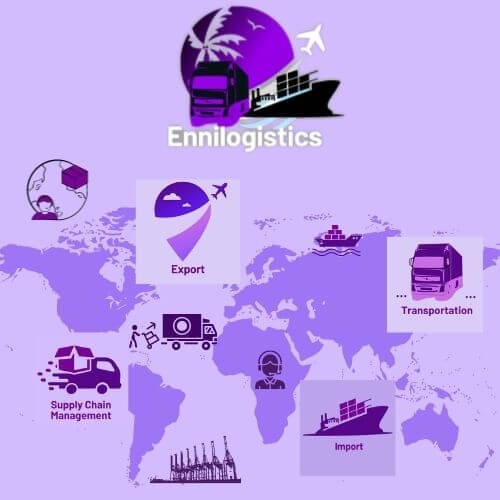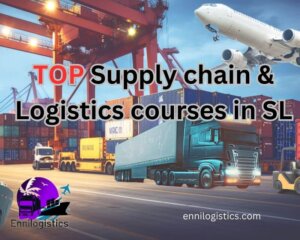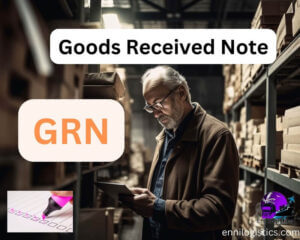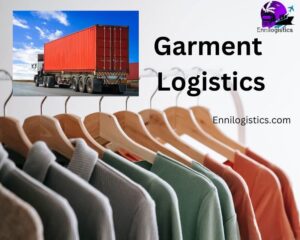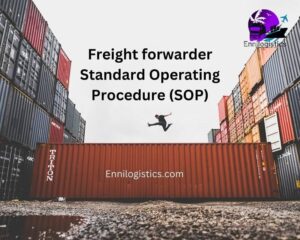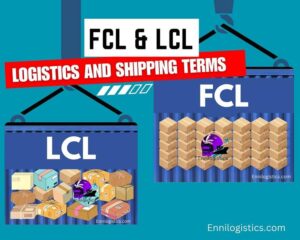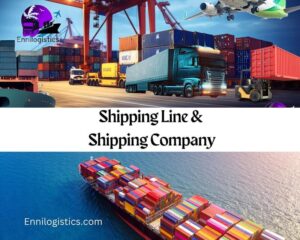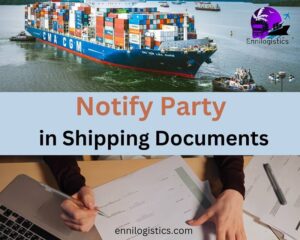Demurrage is a very common cost when doing international trading. There is considerable expense regarding demurrage in a supply chain. For the avoiding demurrage cost, you should know the reasons and causes for demurrage. There are many reasons for Demurrage charges. But all the causes are 100% can not be avoided. Because some reasons are unpredictable as well as avoidable. It is more useful to know both avoidable and unavoidable reasons for demurrage charges.
Here I’m going to explain 7 reasons for demurrage. Please refer below list.
- Delays of consignee/importer
- Document failure and loss of documents for the customs clearance
- Incorrect or incomplete documents for the customs clearance
- Dispute between supplier and buyer
- Delays occurring for the customs examination process
- Delays due to port strikes or other labor-related things at the port
- Delays due to insufficient equipment or equipment failures a the port or terminal
- Act of god or natural disasters at the terminal or port
Next, we’ll identify each and every reason one by one.
Avoidable reasons for demurrage
1. Delays of consignee/importer
After the shipment arrives at the destination port consigne or importer should clear the shipment early. For that need have the correct documents and need to allocate a CHA member or freight forwarder to clear your shipment on time. Some time consigne does not know about the shipment’s arrival (ETD And ETA) and they don’t allocate the clearing requirement at the right time and on time.
In case the shipment required of document license and permit from the local authorities, due to not being aware of that consignee applies for the approvals after the shipment’s arrival at the port. So it occurring delays at the port when clearing the shipment.
If the consignee does not allocate transport providers on time shipment clearance is delayed at the port.
In some cases need to arrange shipping guarantees or bank guarantees for the shipment clearance process. If the consignee does not arrange those things before the shipment arrives at the port there are delays at the port.
Ultimately delays occur at the port meaning you need to store your shipment at the premises of port storage, container yard, or warehouses. So you have to pay additional charges for storage facilities after the free days it is called demurrage.
How to avoid Delays of consignee/importer
After the shipment arrived from the shipper’s warehouse importer/consignee needs to follow up on the shipment every day. Because there are some unexpected situations that can be delayed your shipment. If you continuous updating and flow up the shipment details you will help to prepare for the shipment arrival.
To get know shipment updating you can use the shipment tracking software or container tracking software. Most of the time your carrier or shipping lines are offering tracking facilities. You can get the advantage of shipment tracking.
Shipping lines and freight forwarders are sending shipment arrival notices before the shipment arrives at the destination port. You can get an idea of your shipment by referring to the ETD and ETA of the shipment arrival notice. When you don’t have access t the shipment tracking software you can follow up your shipment details with your freight forwarder or shipping line agents by phone or email.
This continuous follow-up helps to reduce delays at the port which case of documentation failure or logistics providers’ absences.
When purchasing the goods or the first stage of shipment arranging you need to identify whether shipping documents relevant to your shipment. When importing or exporting goods that are under restricted goods you need to apply for local authority approvals.
2. Document failure and loss of documents for the customs clearance
For the customs clearance process, there are mandatory documents in shipping, Such as commercial invoices, Bills of lading, packing list, Insurance certificates, and payment details such as TT, LC, and DP copies.
Documents vary from shipment to shipment it depends on the cargo type and importing and exporting country requirements as well.
some countries required country of origin certificates. If there is a trade agreement needs to attach that also.
some of the special cargo required licenses and approval from the local authorities. One of the common mistakes of document failure happens when importing items under a restricted category. Because the consigne is aware of the certificate or license requirement at the time of customs clearance. So consignee needs to wait for receiving approvals or licenses from the relevant authority. It make delays. And also it makes a reason for pay demurrage.
Sometimes may be delays in receiving shipping documents from suppliers. This happens due to supplier is in a foreign country and he needs to post the shipping documents as soon as possible to the buyer. Postal strikes or any reason can occur in delays in received documents before the shipment arrives at the destination port. For example, during the Covid 19 pandemic season, it was a big issue of receiving documents. So it was affecting the customs clearance process.
Document missing during the courier service is a very common situation in demurrage that occurs due to delays in the port shipment clearance process.
As a shipping industry innovation, introduced an electronic bill to reduce documentation failure at the moment of the port clearance. An electronic bill of lading is a great solution to missing documents and security, and also the efficiency of sharing documents.
3. Incorrect or incomplete documents for the customs clearance
The customs clearance process needs to have a set of accurate documents. In case customs has identified your one document is showing wrong details your entire shipment is not in a passion to clear until the wrong document recorrect.
For example, HS code is mainly considered in shipping.HS code is the same as all documents. Otherwise, you can’t release the shipment from customs. Likewise, there could be many documentation errors.
To avoid documentation errors at the port before the shipment clearance process as a consigne or freight forwarding company or CHA agency you need to properly examine and go through your document set in detail. Then you can identify errors and with the support of the suplier you can correct some details and you can find a way to correct documentation errors in a legal way. Proper planning and proper preparation of the shipment clearance before the shipment’s arrival can avoid the time spent at the port. Otherwise, you are liable to pay more demurrage charges as an unnecessary cost.
4. Dispute between supplier and buyer
For the shipment clearance price need to have better collaboration and coordination from order placement to shipment receiving to the buyer’s doorstep.Because international trading is not a one side operation. It is teamwork or group work because many of the parties involving in the process of import and export. Mainly supplier and customer and other related transport providers, such as freight forwarders, shipping lines, customs, truck, and other logistics providers, banks, insurance providers and so.
when it comes to the customs clearance process ta the port supplier need to send relevant documents to the buyer before the shipment arrives at the port. And also according to the delivery term and payment terms, both suppliers and buyers have to have better understanding and coordination between them.
Suplier is responsible to send accurate documents as soon as possible to the buyer. And suplier needs to inform ETD and ETA details to the buyer. And also according to the incoterm of the shipment liability and risk share between supplier and buyer. So suppliers and buyers are liable to play their role according to incoterm. Then it is most important for mutual cooperation.
When customs required additional documents related to export, the suplier is liable to respond immediately to require things. If there is a dispute between the suplier and the buyer it automatically delays customs clearance. Then the buyer has to pay a demurrage fee for extra days of storage shipment keeping at the port.
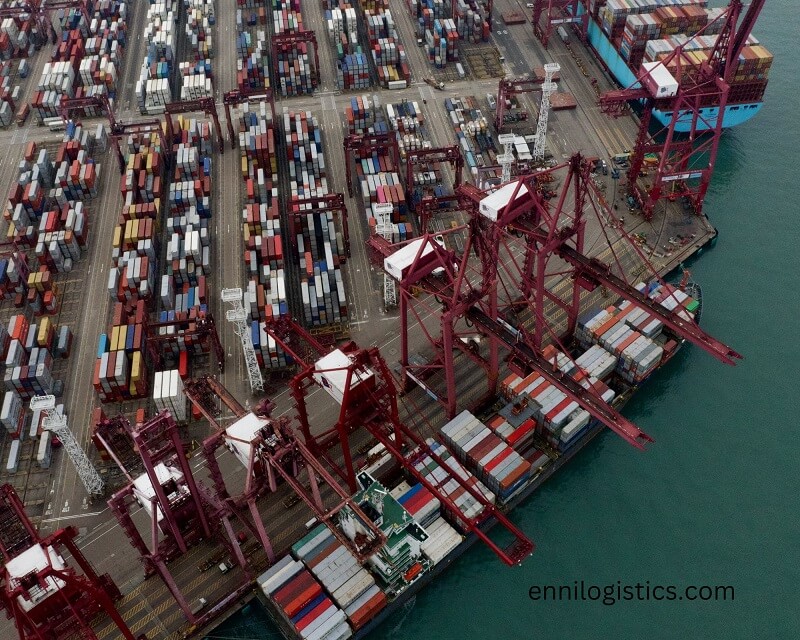
Unavoidable reasons for demurrage
5. Delays occurring for the customs examination process
In some cases, there is a lot of time taken for customs examination processes. If customs have a doubt regarding fraud or other matters they will inquire a long time examination. It is unexpected and unavoidable to spend at the port. If exed the free days of storage at the port, you have to pay demurrage charges.
6. Delays due to port strikes or other labor-related things at the port
Port labor strikes can not predict early. Due to strikes, you have to wait for your shipment for a long time. This is also a cause for demurrage.
7. Delays due to insufficient equipment or equipment failures a the port or terminal
8. Act of god or natural disasters at the terminal or port
When occurring a flood or other disasters affect the port operation as well as customs clearance at the port. These causes are can to predict and can not avoid.
For example, during g the covid 19 pandemic situation there were more shipments are stuck in the port.
In Conclusion,
Above you have identified the causes and reasons for the demurrage charges in sea transportation. Many o the reasons are unavoidable and unpredictable. So ultimately you have to pay demurrage charges directly or indirectly. Though you can’t fully avoid the demurrage charges you can decrease the demurrage amount with awareness of the causes and reasons. While you can avoid some neglecting situations such as documentation errors and failures.For decreasing the demurrage amount you need to follow proper planning and resources arranging before the ETA or shipment arrival date.
You may also like to Read,
Powerful Way To Avoid Demurrage With Free Checklist
What is demurrage? Simple explanation in different ways
What Is Demurrage? Detention / Laytime / Despatch
ETA and ETD in shipping: Everything you need to know
Shipment Arrival Notice/notification
Proforma Invoice and Commercial invoice: Everything you need to know
Certificate of Origin: Everything you need to know
Master Bill Of Lading(MBL) And House Bill Of Lading(HBL): Everything You Need To Know
